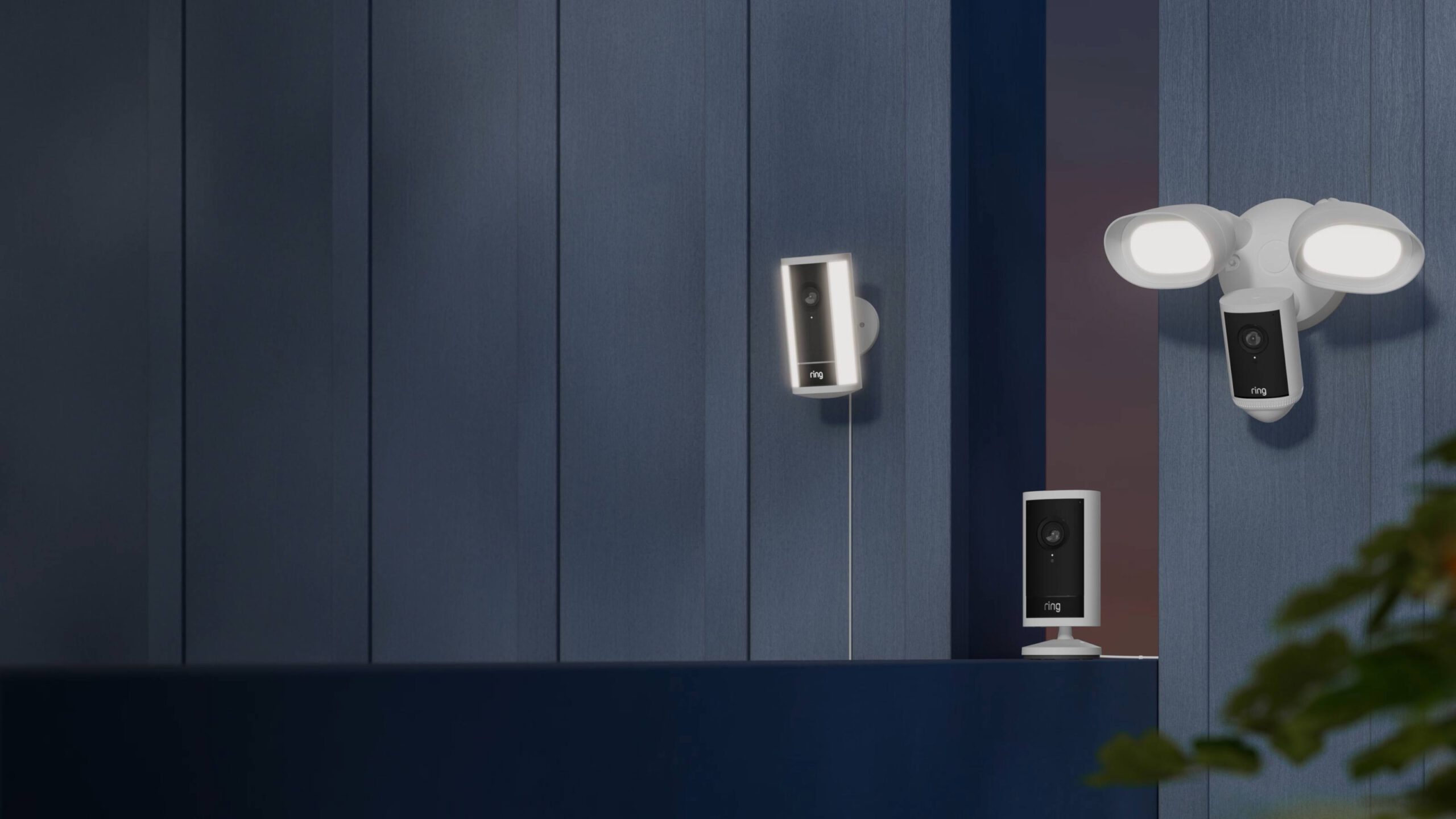While ChatGPT and Gemini battle for consumer attention in public betas, Apple quietly tests its own conversational AI exclusively with employees. The company’s internal chatbot, codenamed “Veritas,” serves as a preview of Siri’s long-awaited intelligence upgrade—but consumers can’t access it yet. This closed-door approach reflects Apple’s typical secrecy meeting AI arms race urgency, raising questions about whether prudent development trumps competitive necessity.
What Veritas Actually Does
Apple employees experience ChatGPT-style conversations with advanced Siri features built in.
Veritas enables Apple’s workforce to type natural-language requests, hold multi-turn conversations, and test features like searching personal data or performing in-app actions such as photo editing. The interface reportedly mirrors ChatGPT and Google Gemini, according to Bloomberg’s Mark Gurman, who notes that “Apple can test features, squash bugs, and collect employee feedback in a closed environment.” Think of it as Siri 2.0 getting its dress rehearsal behind Apple Park’s walls, complete with the conversational flow that current Siri desperately lacks.
The Strategic Gamble of Staying Internal
Analysts question whether Apple’s secrecy helps or hurts its AI development timeline.
Unlike competitors who gather feedback from millions of public users, Apple restricts Veritas to internal testing only. Some analysts view this as a strategic misstep—missing valuable large-scale user data while rivals iterate rapidly in public. Current Siri limitations feel more frustrating when Apple has demonstrably better conversational AI locked away from consumers. The company’s traditional control over product launches now conflicts with AI development’s demand for rapid iteration and real-world testing.
Apple Intelligence’s Rocky Reception Adds Pressure
Previous AI announcements fell flat while next-generation Siri faces continued delays.
The stakes couldn’t be higher after Apple Intelligence received a muted response from both consumers and industry observers. Reports suggest next-generation Siri has experienced multiple delays, while Apple simultaneously explores partnerships with Google’s Gemini for AI-powered search functionality. This dependency on external AI partners while keeping internal innovations secret creates an awkward contradiction for a company that typically controls its entire ecosystem. The irony is unmistakable—Apple invented the smartphone assistant category yet finds itself playing catch-up.
Apple hasn’t announced any timeline for Veritas features reaching consumer devices. Whether this cautious approach protects Apple’s reputation or handicaps its AI competitiveness remains the billion-dollar question. The next Siri conversation may depend entirely on how quickly Apple abandons its secretive testing philosophy for the transparency that AI development demands.





























